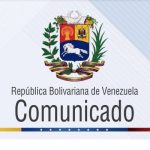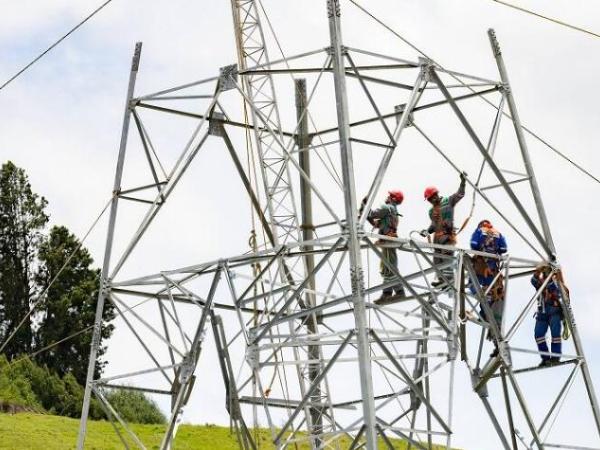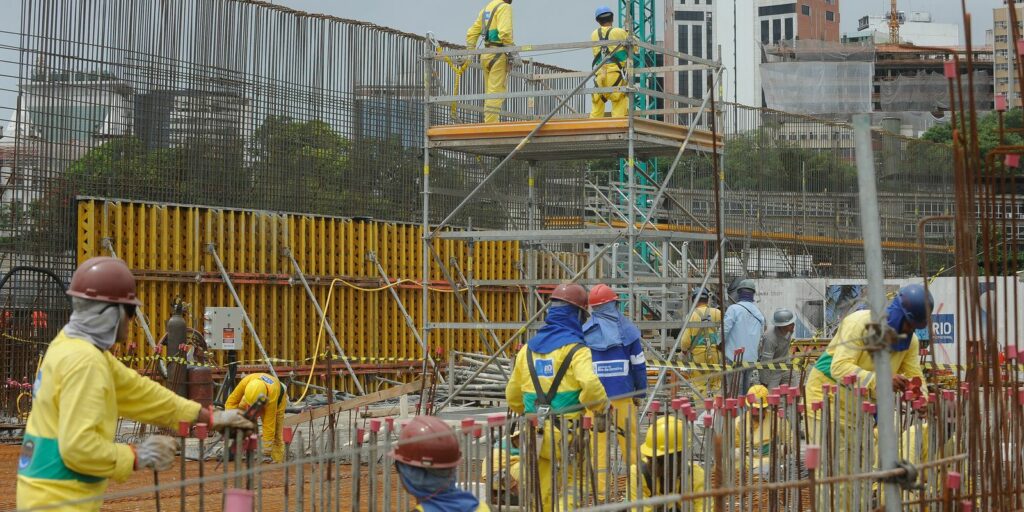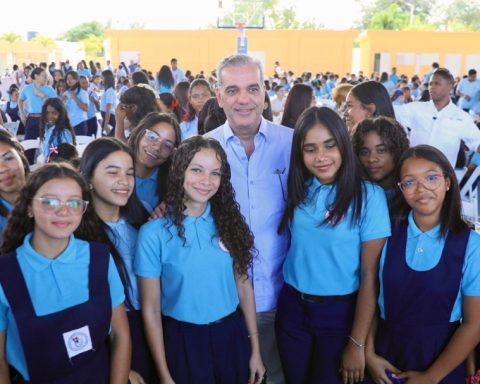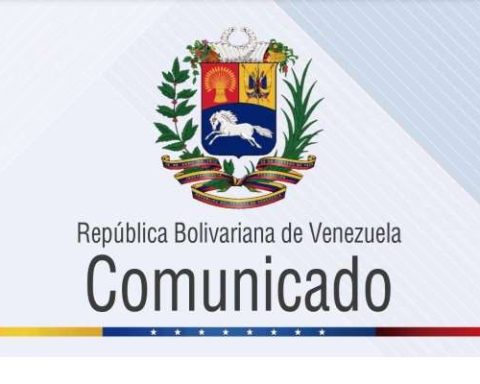Immediately after the announcement by President Gabriel Boric to pardon 12 convicted in the framework of the social outbreak and the ex-frontist Jorge Mateluna, on December 30, Chile Vamos announced its decision to withdraw from the security table organized by the Ministry of the Interior and Public Safety, along with noting that it had decided to take its own path on the subject and prioritize the preparation of bills. On the right, there is a coincidence that the pardon controversy was the turning point that marked his departure from that table, however, various opposition officials acknowledge that initially several parliamentarians and party leaders (UDI, RN and Evópoli ) disagreed with the decision or doubted that it was a good idea.
The opponents who were at the table recall that the Minister of the Interior, Carolina Tohá, thought that the pardons would be announced at the beginning of January and that, when she learned that the announcement would be on December 30, it was evident that she tried to speed up and close the agreements. from the table so that they would not be affected by the pardons. Finally, the presidential announcement about these occurred that Friday morning and the president of the Security Commission of the Chamber of Deputies, Jorge Alessandri (UDI), immediately came out to say that the opposition would get off the security table. , despite the fact that at that time the issue of crime appeared as the priority of Chileans in all surveys.
Everyone agrees that it was the deputy Jorge Alessandri who led the option to get off the table and that one of the important supports he had was that of the mayor of Florida, Rodolfo Carter, they remember in the ruling party. Today, within the right, several point out that the idea of leaving the table was not socialized at the parliamentary level and, initially, it did not have unanimous support from the sector. Jorge Alessandri, for his part, minimizes criticism and rules out internal quarrels in Chile Vamos as a result of said decision: “Where there was discussion was not in Chile Vamos. I think that anger and rage emerged in Chilean citizens when they saw that they were directly pardoning certain people who had participated in violent acts,” he says. However, in the sector there are several who point out that the leadership of the parties was adding little by little to the idea of leaving the indicated instance, without much conviction.
Alessandri points out that his decision was to support the citizenry and recalls that that Friday was a strange day at the Ministry of the Interior: “What Chile Vamos did was to take this citizen annoyance and get up from the table. We had been with Minister Tohá all That day, she knew about the pardons and neither announced nor socialized with us. She was in a great hurry that day to get the issues off the table, to reach an agreement and sign at a press point that same day. We did not understand so much In a hurry, we later found out that they were going to announce the pardons. She (Minister Tohá) sensed that the pardons could bring problems to the security table, and that is why she decided to hide it on the one hand and hurry on the other.”
Sources from the Ministry of the Interior indicate that one of the parliamentarians who at first was uncomfortable with the departure and had approaches with Minister Tohá, was the Secretary General of RN, Deputy Diego Schalper, however, for this note he denies such doubts. initials and maintains: “The day of the pardons we made that decision. And we were right: we have approved more projects than ever because reality gave it speed,” says the parliamentarian, who, when asked if he regrets that decision, adds: “Not at all. Time has proved us right.”
In disagreement
One of the most critical of the departure of the opposition from the security table was also RN, Manuel José Ossandón. The senator, from the outset, was categorical that it was not appropriate for him to leave the table called by the Ministry of the Interior and that he did not agree with the decision of his sector. Ossandón today insists that Chile Vamos was wrong in seeking to prioritize its own agenda, taking into account that parliamentarians can only have initiatives that do not involve fiscal spending. Ossandón recalled that the situation of the table in those last days of December was complex, “the minister realized that this table was an instance that had become a political guerrilla. That was the criticism that I made of my sector , as for those who shouted that they were withdrawing from the table to promote their own agenda, when the truth is that you cannot promote your own agenda,” the parliament told Infinite radius.
For Senator Ossandón “politically it was a huge mistake to get off the table. Why do it, if inside the table there is much more to say, but the hardheaded they got down. But I did not get off and I am not going to get off any table (…). I never ever left that space. What happens is the following: I think that there is a provision, but, of course, there is hard heads On one side and on the other. But as I raised it with Minister Tohá, concrete measures are lacking, because we were working only on headlines, but those headlines, with the members of that table, were going to blur in any direction.”
Among those who supported Ossandón in the idea of remaining in the instance called by the Government, is the mayor of Puente Alto, Germán Codina (RN), who states that, despite disagreeing with the pardons, he decided to remain at the security, because – in his opinion – “the political sectors must be united in the fight against crime”. For the community chief, “there are precedents and inconsistencies deep enough around the pardons for there to be a political signal like the one they gave,” but he adds that “returning to that table is very important. We must resume dialogue and seek solutions quickly,” he stresses.
He insists on vindicating his position, “I was and I am convinced that we cannot use the most urgent needs of the people as a bargaining chip, that we had to swallow our rage and work to advance the security agenda that Chileans need so much. For the good of Chile, I was willing to go against what my sector indicated, because I considered that it was more important to continue working and once and for all move forward to defeat drug trafficking and organized crime that are doing so much damage to our country,” he maintains.








